Three cheers for this lovely teen trio from County Cork, Ireland!

Photo courtesy of Google Science Fair
Émer Hickey, Ciara Judge, and Sophie Healy-Thow recently won the Grand Prize in the 15-16 age group of the 2014 Google Science Fair.
To be sure, that’s pretty cool in and of itself, but it’s the particulars of their project that really take this farmgirl’s cake …
Reportedly inspired by Émer’s observations within her family’s backyard garden, the trio set out to study the effects of beneficial bacteria on the growth of cereal grain crops (and to think, we’ve just been picking and eating our veggies all this time).
“Émer and her mom were gardening, and she noticed nodules on one of their pea plants,” Sophie told National Geographic. “She brought that into school, and our teacher told us it was bacteria.”
As it happened, the girls’ class was in the midst of a lesson on the world food crisis, and they learned that the knobby nodules on plant rhizomes hold beneficial bacteria that boost growth. For visual reference, here are “Rhizobia nodules” attached to roots of a cowpea plant:
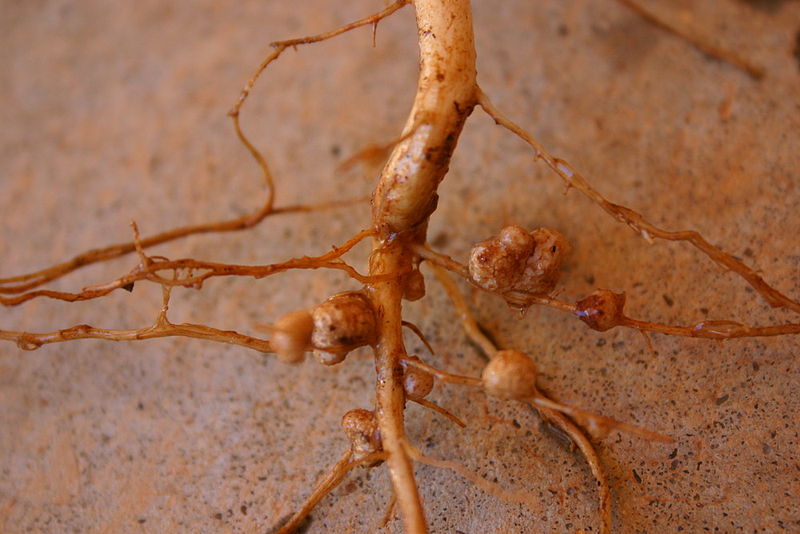
Photo by Stdout via Wikimedia Commons
“We became really interested in what this bacteria can do and what people haven’t done with it so far,” said Sophie.
Atta girl!
People—lots of people—apparently told the girls that the bacteria wouldn’t have an impact on cereal crops, but they shrugged off the naysayers and decided to test their hypothesis on barley.
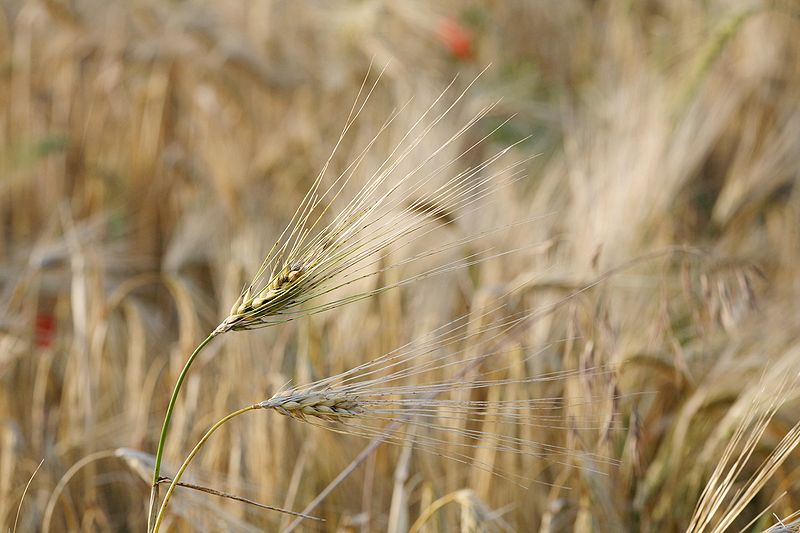
Photo by Daniel Schwen via Wikimedia Commons
According to Scientific American, the team has tested the effects of beneficial bacteria on some 13,000 seeds over the course of three years. “We did a lot of experimental work in Ciara’s house,” Émer told RTE radio after their win. “First, we took over the spare room, then expanded into the kitchen, sitting room, conservatory, and the garden … It was quite a lot of work, but it has really been worth it.”
They found (naysayers be darned) that the microbes increased seed germination rates by 50 percent! What’s more, harvest yields increased by as much as 70 percent. The girls currently have a controlled field site planted with 3,600 seeds in their hometown. Émer says that further benefit may be seen in the reduced need for fertilizers and that improved germination speed is of particular interest to farmers in places like Ireland, where seeds can rot in the damp soil before sprouting.
For more details, listen to the girls explain their awe-inspiring research in their own words:
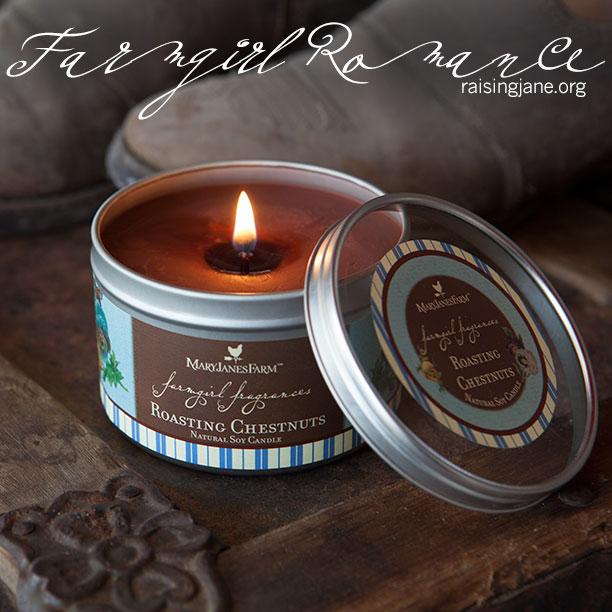
















































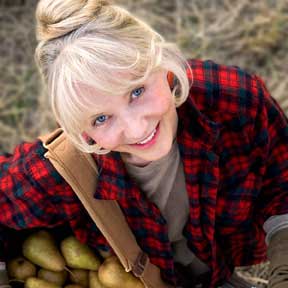

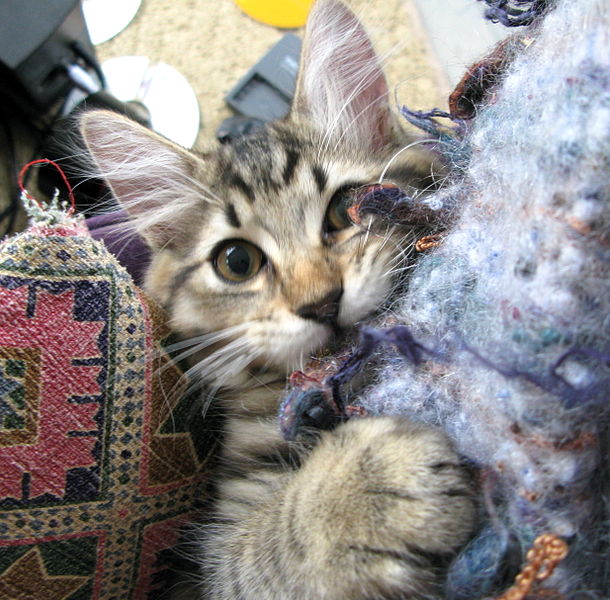
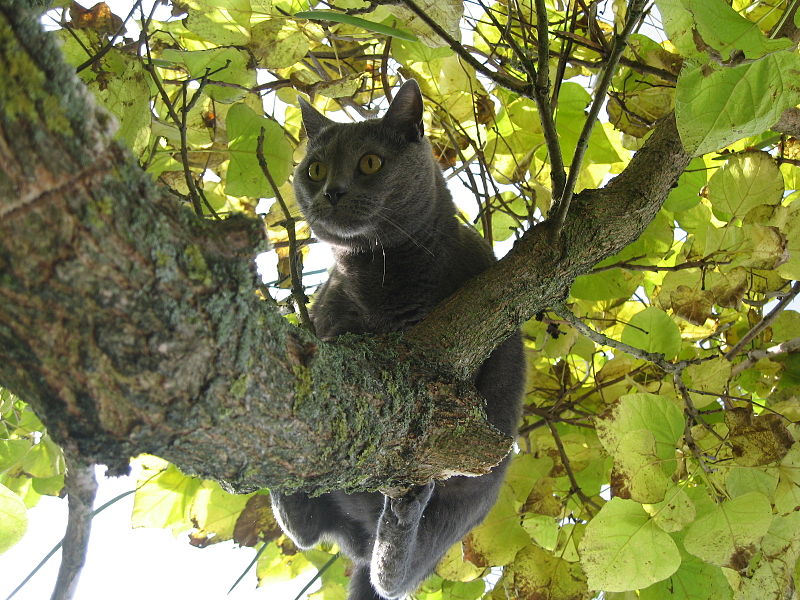















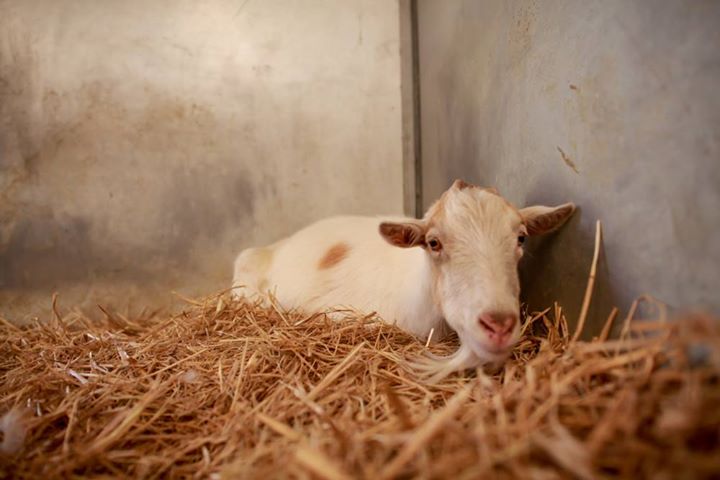

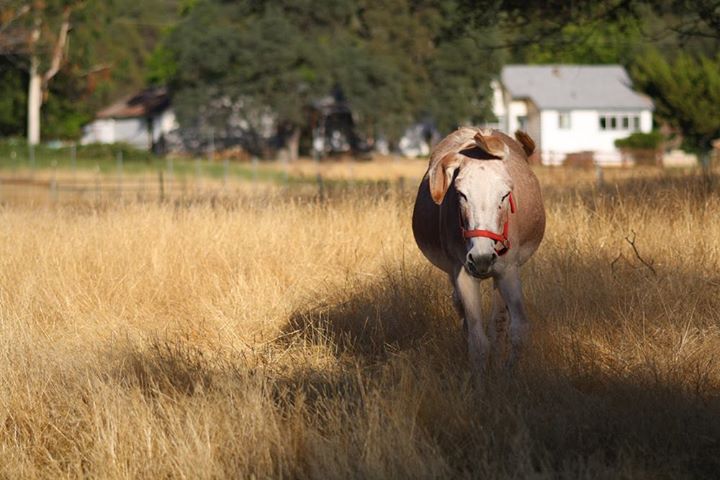

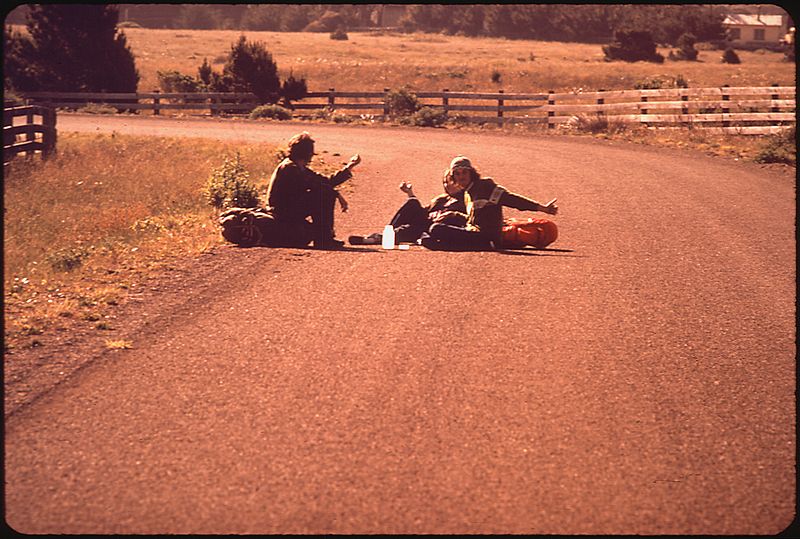
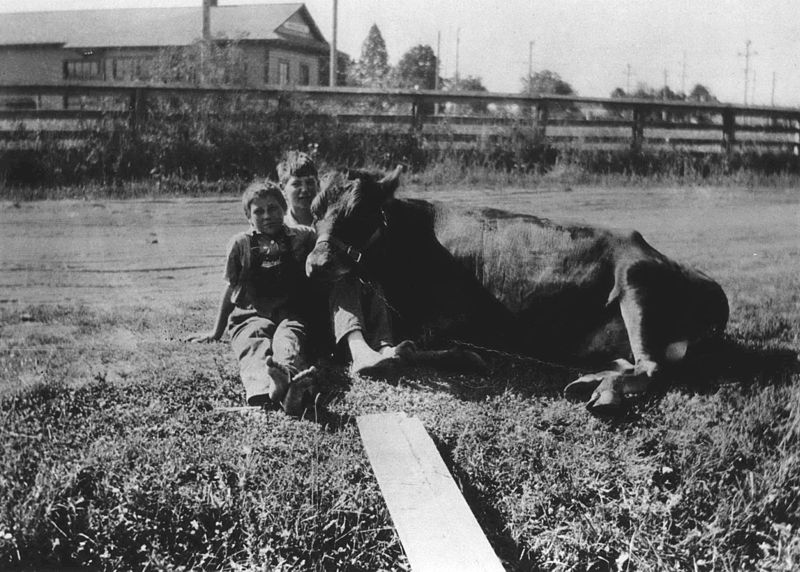
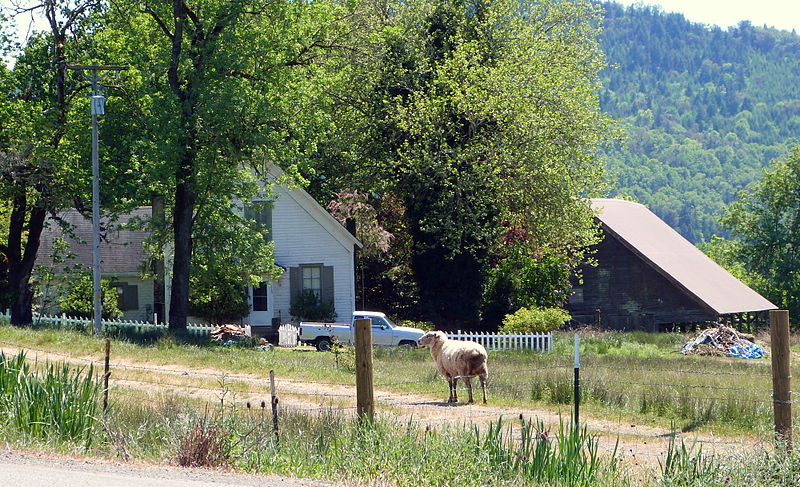







Where can I purchase this roasting chestnuts soy candle?
We have them for sale in our Coeur d’Alene, Idaho store but can ship them from here even though we don’t have them on our website.
I love the packaging of this candle and I bet it smells wonderful too!